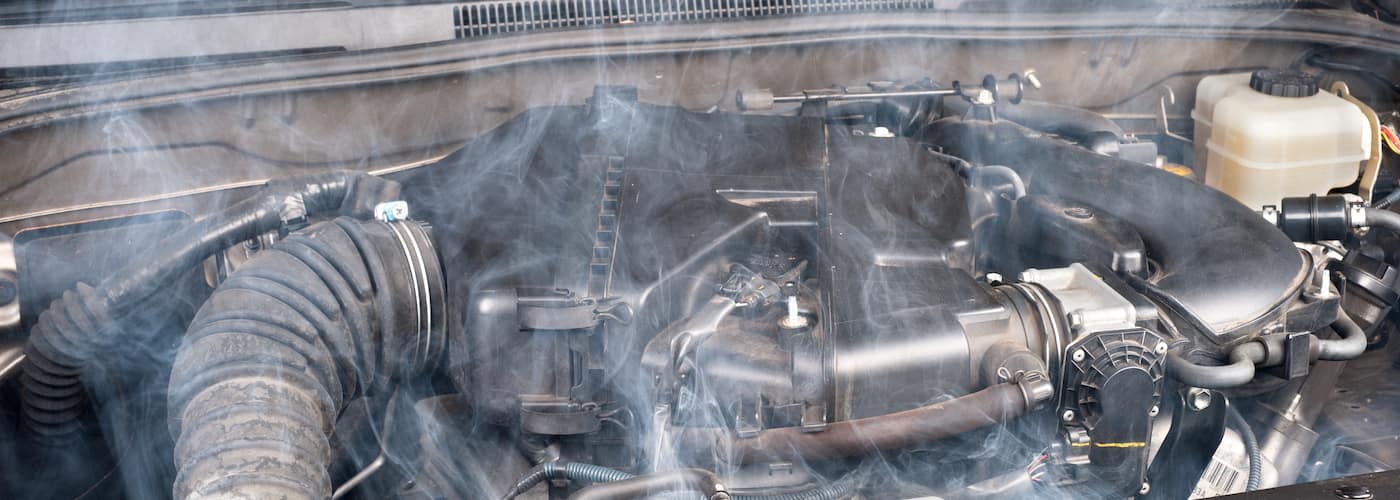Does Overheating Damage Car Engine?
Overheating is one of the most common causes of car breakdowns. It can happen
for a number of reasons, including:
- A coolant leak
- A faulty thermostat
- A clogged radiator
- A broken water pump
When your car overheats, the engine can suffer serious damage. The heat
can cause the metal components to warp and seize, and it can also damage the
oil and coolant.
What are the signs of an overheating engine?
The following are some of the signs that your car may be overheating:
- The temperature gauge is reading high
- The engine is making a knocking or pinging noise
- Steam is coming from the engine
- The coolant is bubbling or overflowing
If you see any of these signs, pull over to a safe place and turn off the
engine immediately. Allow the engine to cool down for at least 30 minutes
before checking the coolant level.
What should you do if your engine overheats?
If your engine overheats, the most important thing to do is to stop driving
immediately. Pull over to a safe place and turn off the engine. Allow the
engine to cool down for at least 30 minutes before checking the coolant level.
Once the engine has cooled down, you can check the coolant level. If the
coolant level is low, add more coolant to the reservoir. If the coolant level
is full, there may be a more serious problem, such as a coolant leak. In this
case, you will need to take your car to a mechanic for repairs.
How can you prevent your engine from overheating?
There are a few things you can do to help prevent your engine from
overheating:
- Check the coolant level regularly and add coolant as needed
- Have the thermostat checked and replaced if necessary
- Clean the radiator regularly
- Inspect the water pump for leaks and replace it if necessary
By following these tips, you can help prevent your engine from overheating and
avoid costly repairs.
Conclusion
Overheating is a serious problem that can cause major damage to your car’s
engine. If you see any of the signs of an overheating engine, pull over to a
safe place and turn off the engine immediately. Allow the engine to cool down
for at least 30 minutes before checking the coolant level. If the coolant level
is low, add more coolant to the reservoir. If the coolant level is full, there
may be a more serious problem, such as a coolant leak. In this case, you will
need to take your car to a mechanic for repairs.
Remember, it is always better to prevent overheating than to have to deal with
the consequences. By following the tips in this article, you can help keep
your car running smoothly and avoid costly repairs.





